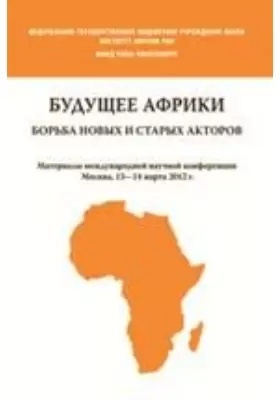Будущее Африки. Борьба новых и старых акторов. Материалы международной научной конференции. Москва, 13—14 марта 2012 года
ISBN: 978-5-9551-0631-1
Страниц: 232
Артикул: 10425
Содержание книги "Будущее Африки. Борьба новых и старых акторов. Материалы международной научной конференции. Москва, 13—14 марта 2012 года"
Программа
Предисловие
Вступительное слово
Доклады
Заключительное слово
Все отзывы о книге Будущее Африки. Борьба новых и старых акторов. Материалы международной научной конференции. Москва, 13—14 марта 2012 года
Отрывок из книги Будущее Африки. Борьба новых и старых акторов. Материалы международной научной конференции. Москва, 13—14 марта 2012 года
30 Africa's New Development Trajectory and Opportunities • An even bigger thirst for raw materials: These range from minerals and rare earths to oil and agricultural products In a 2011 scenario exercise, the European Commission expressed concern about the European Union being "highly dependent on imports of raw materials which are increasingly affected by mar¬ketdistortions"118. Concerns expressed included supply risks due to concentration of some of these resources in places such as China, Congo, Russia, Brazil and South Africa. The US on the other hand has in the past decade paid attention, among others, to its increasing dependence on African oil, especially in West Africa and the Gulf of Guinea in particular This also applies to resources such as Platinum Group Metals concentrated in South Africa and Zimbabwe, which are critical for the nascent Hydrogen Economy and fuel cell technology An advisory Team, the African Oil Policy Initiative Group, estimates that, by 2007, the US was importing more oil from Africa than from Saudi Arabia. It further observed: "For too long Washington has been gripped by the perception that the United States has no vital interests in Sub-Saharan Africa. Nothing could be further from the truth... African oil is emerging as a clear direction U.S. policy could take to provide a secure source of energy"19. A Nigerian publication on oil and gas presents this US approach more clearly: "The re-evaluation which has taken place in US foreign policy and energy policy with the coming of President Barack Obama has not in any way changed the basis [sic] thrust of those policies towards the Gulf of Guinea. In that context, Obama's trip to Ghana was seen as informed by Washington's strategy of working with regional allies in West Africa to develop relationships which will secure US energy security in the long-term"20. • Rivalries among major powers: While the post-World War II alliances have seen greater co-operation among the 'western' powers, ri...
С книгой "Будущее Африки. Борьба новых и старых акторов. Материалы международной научной конференции. Москва, 13—14 марта 2012 года" читают













Бестселлеры нон-фикшн


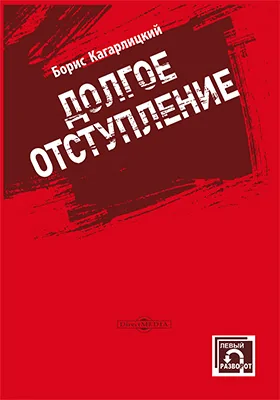



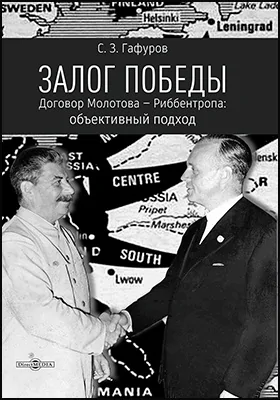






Новинки книги нон-фикшн







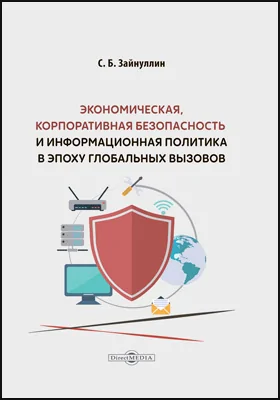


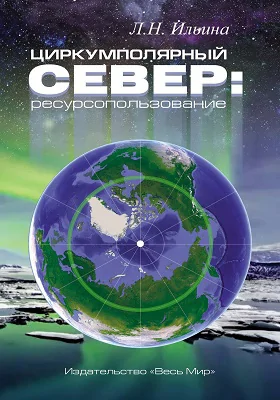

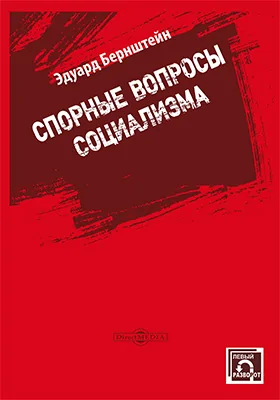
и мы свяжемся с вами в течение 15 минут
за оставленную заявку

